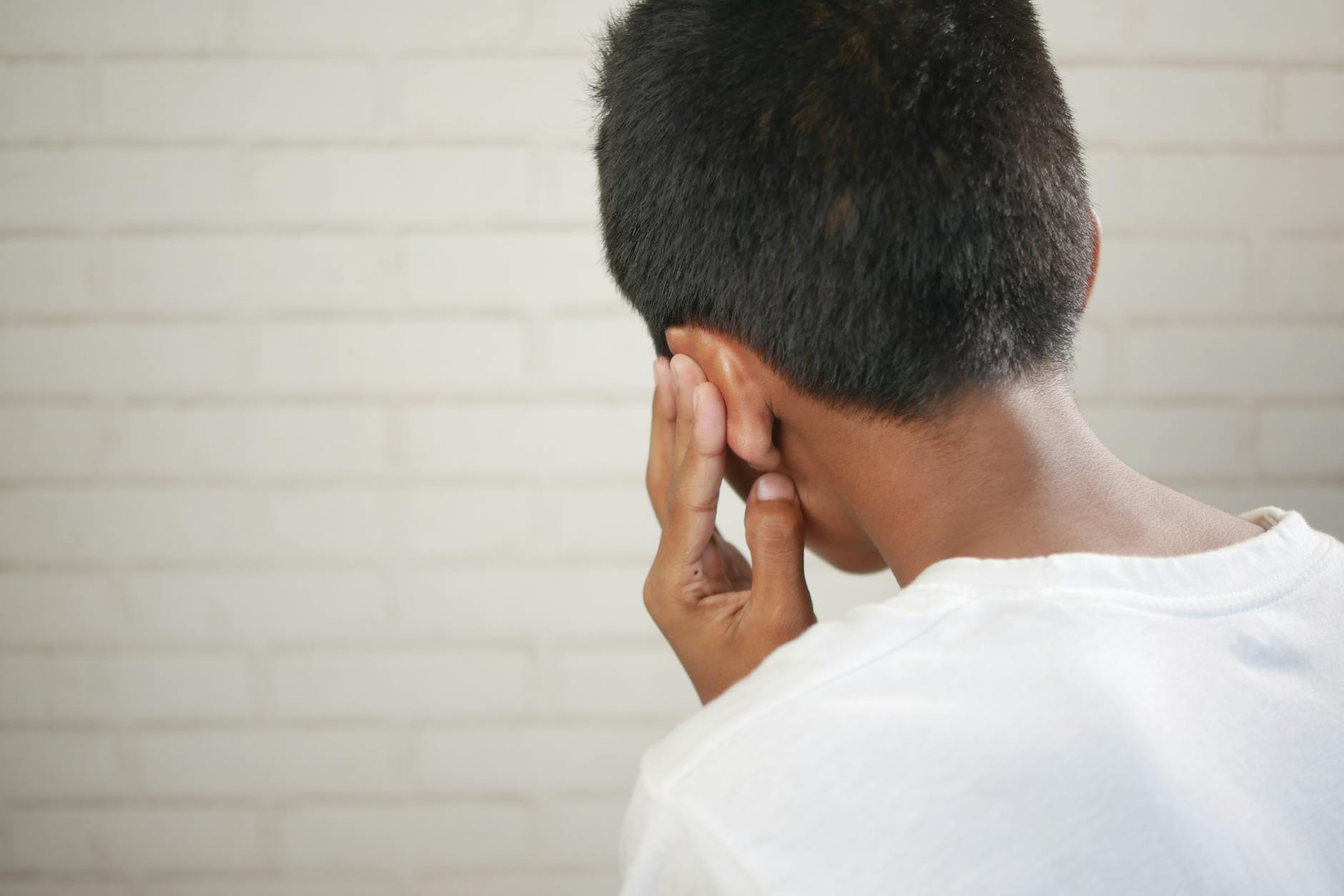
The ringing wasn’t always there, but now it stays longer than silence
Some days, it hums. Others, it stabs. You tilt your head, hoping it stops. It doesn’t. The television’s too low. Conversations blur. Not all at once—but gradually. One morning, it’s just there. A sharpness when you yawn. A dullness during phone calls. You think it’s sleep. Or stress. Maybe allergies. But it keeps showing up.
The ear remembers things before you do.
A whisper becomes a question: why does it hurt when nothing touched it?
No loud concerts. No diving trips. No trauma. Still, it throbs. Not loudly. Just enough. Chewing feels odd. Not painful, but uneven. You push on your jaw. You pull at your earlobe. The ache remains. You wait it out, hoping the ache forgets to come back tomorrow. But it doesn’t. It settles in. Quietly, like something borrowing space that isn’t its own.
Pain doesn’t need permission to stay.
The room tilts slightly, even when you’re standing still
Balance becomes a memory. Not lost—just off. You bump into counters. Miss steps. The floor seems softer, less sure. Vertigo doesn’t scream. It whispers. A gentle reminder that something inside isn’t syncing with the outside. You blink harder. Grip tighter. The world keeps spinning differently.
When balance goes missing, the body starts negotiating.
Your child keeps tugging their ear, but can’t say why
They cry more at night. Nap less. Their hand finds their ear like clockwork. No fever. No clear signs. But you know. You just know. The doctor says, “It could be teething.” You nod. But something deeper tells you this isn’t about teeth. It’s about pressure. Discomfort too young to name. And waiting doesn’t make it better.
Tiny gestures speak when words can’t.
Airplane landings hurt more than they used to
Your ears don’t pop like they should. They clog. Stay that way for days. You chew gum. Swallow. Yawn. Still stuck. Pressure builds. Not enough for panic. Just enough for distraction. You wonder if others feel it too. They don’t. It’s not the plane. It’s not the altitude. It’s something you’ve carried with you, long before takeoff.
What won’t clear may be asking for attention.
Ear infections return like old habits
You used to get them as a kid. Now they’re back. Redness. Warmth. A low-grade fever. Not enough to cancel plans. Just enough to pause them. Antibiotics help—until they don’t. It becomes a cycle. One you never signed up for. And every flare-up feels slightly worse than the one before.
When temporary becomes routine, it deserves a second look.
You hear better in one ear—and barely in the other
You switch phone sides. Turn your head more during conversations. TV volume creeps up. You notice the world isn’t balanced anymore. It’s not loud versus quiet. It’s clarity versus muffle. You ask people to repeat. Smile and nod when it’s awkward. But eventually, you stop asking. And start wondering.
Imbalance isn’t just physical—it’s perceptual.
Chewing feels like a chore, not a reflex
Meals aren’t relaxing. Each bite stretches something inside your ear. Like a thread pulling taut. You massage your jaw. Rub near your temple. The tension lingers. Sometimes it clicks. Other times, it locks. TMJ, maybe. Or something hiding just behind it. But your ear is part of the story. Not just your teeth.
Pain during meals should never become routine.
Your voice sounds strange when you speak
It echoes. Not in the room—but inside your head. Like talking in a tunnel. Or underwater. You clear your throat. Tilt your chin. Nothing changes. You hear yourself differently now. Not better. Just distant. You wonder if others hear it too. But they don’t. It’s not your voice. It’s your hearing.
Autophony isn’t loud—but it is telling.
Antibiotics help, but not for long
You finish the course. Symptoms fade. Relief returns—until it doesn’t. The pain creeps back. The swelling. The pressure. Another prescription. Another delay. And you start questioning the cycle. Not because medicine failed. But because maybe the wrong thing is being treated.
Recurring problems hint at hidden causes.
Even silence feels crowded now
No music. No talking. Yet the noise remains. Buzzing. Hissing. Sometimes ringing. It moves between ears. Gets louder in the dark. Tinnitus, maybe. Or maybe a symptom of something deeper. You turn on white noise. It helps. But you miss silence. Real silence. The kind that doesn’t hum.
When quiet gets replaced by static, it’s time to listen closer.
Your ear leaks—fluid, sometimes blood, sometimes nothing clear
It’s not always visible. Sometimes it’s just dampness on the pillow. Other times, sharp discomfort followed by warmth. You wipe it away. But it returns. Subtle. Persistent. Unexplained. It doesn’t hurt much. But it shouldn’t be happening.
Leaks suggest something’s trying to leave—and not gently.
You start avoiding water, not because you want to
Swimming changes. Showering too. Moisture lingers longer. Feels trapped. You angle your head, shake it, pat it dry. Still muffled. Still off. You wonder if it’s wax. Or inflammation. But the truth is, the ear’s natural defenses are weakening.
When water overstays its welcome, something’s out of sync.
You feel something’s there—but nothing comes out
You try ear drops. Cotton swabs. Tilt your head sideways. Still blocked. Like a cork you can’t see. Sometimes it clears for a moment—then clogs again. Not painful. But distracting. You stop noticing how often you try to fix it. Until someone else points it out.
Feeling full doesn’t always mean something is.
